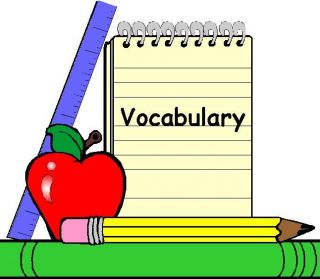Patrol News:
Our next patrol meeting will be Thursday, April 18 at lunch in Room 22. All patrollers should bring their lunch.
The AMA annual school safety patrol picnic will be held on Thursday, June 6, 2019 at Heritage Park. More details will be coming soon.
Here is the schedule for April/May:
April – May 2019
Patrol Meeting: Thursday, April 18 @ lunch
in Room 22
Monday - Thursday
(Arrive at patrol station) Apr. 8-12 Apr. 15-19
(8:50) 8:55 – 9:10 Team 1 Team 3
(12:20) 12:25 – 12:40 Team 9 Team 10
(12:55) 1:00 – 1:15 Team 12 Team 14
(3:45) 3:50 – 4:05 Team 2 Team 4
Friday: only before and after school teams go out.
(8:50) 8:55 – 9:10 Team 1 Team 3
(1:15) 1:20 –1:35 Team 2 Team 4
Monday - Thursday
(Arrive at patrol station) Apr. 23-26 Apr. 29-May 3
(8:50) 8:55 – 9:10 Team 5 Team 7
(12:20) 12:25 – 12:40 Team 13 Team 11
(12:55) 1:00 – 1:15 Team 16 Team 17
(3:45) 3:50 – 4:05 Team 6 Team 1
Friday: only before and after school teams go out.
(8:50) 8:55 – 9:10 Team 5 Team 7
(1:15) 1:20 –1:35 Team 6 Team 1
*Please arrive at the patrol station 5 minutes before you scheduled time in order to be ready.
Have a wonderful spring break!
https://www.123rf.com/photo_99192095_stock-vector-cartoon-man-and-woman-with-stop-sign.html


